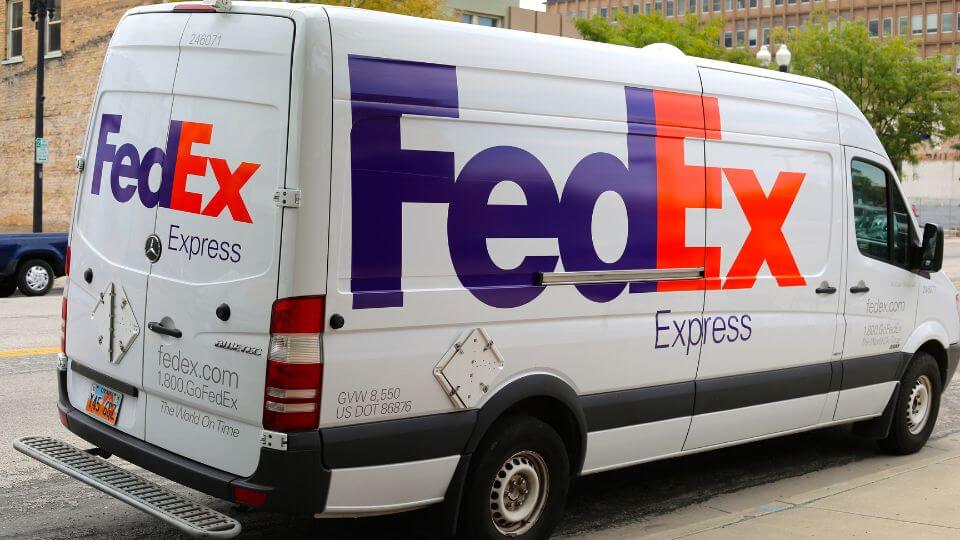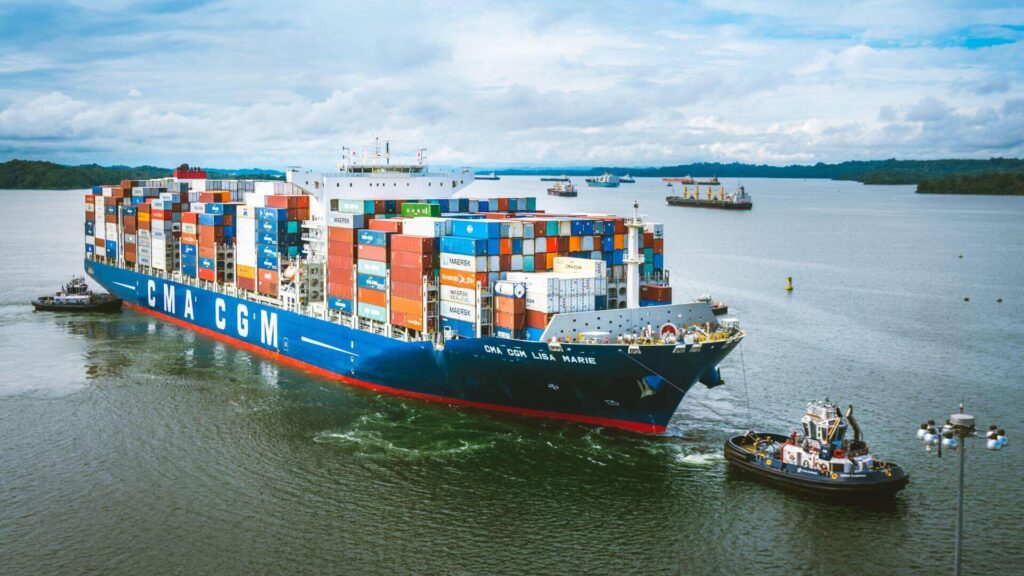
Top 5 FedEx International Shipping Services for eCommerce in 2024
Top 5 FedEx International Shipping Services for eCommerce in 2024 Home > Blog > Top 5 FedEx international shipping services for e-commerce in 2024 Table
As the e-commerce industry booms post-pandemic, the demand for quick shipping is heightened and customers won’t expect anything less. In this article, we’ll take a look at some of the reasons why shipping delays may occur and how to stay on top of shipping operations in order to satisfy your customers.

It’s no surprise that global events such as pandemics, and wars can upset the world of shipping. Most recently, the COVID-19 pandemic resulted in billions of dollars of losses for businesses around the world and forced many small businesses to close permanently. This was why many businesses shifted online as a tactic to improve marketplace integration and capitalize on the majority of people shopping virtually.
The recent war in Ukraine saw the closure of critical infrastructure ports in Russia and halted many shipping (both land and air) operations while affecting the global gas and oil economy. Since it’s impossible to predict when any similar events may occur, merchants are often unable to prepare the necessary steps in order to fix their supply chain delays.
Like every holiday season, order volumes can easily cause shipping delays on a large scale. Carriers may not have the capacity to efficiently cope with a sudden rise in demand during peak shipping seasons. Shipping volume will also build up during that time – even when the courier is not available for service, which results in an overwhelmed supply chain. A delay of even just one day during peak season can result in major backlogs and shipping errors.
Shipping delays also impact a retailer’s demand forecasting inventory, leading to inadequate inventory management. Restocking is critical to meet customer demand but a shipping delay can prevent your store from having enough of the right SKUs to meet their demands. This often leads to overstocking or understocking.
It’s no secret that transparency and communication are key to ensuring that shipping mistakes don’t occur or cause any further disruption to your customers. It’s crucial to keep communication with your suppliers open and on a consistent basis, so you can receive instant alerts and updates in case of any possible hiccups. This allows you to mitigate the issue ahead of time, and potentially arrange for alternative suppliers.
On top of supplier communications, communicating clearly and regularly with your customers can help manage their expectations and result in less demand being placed on your company during peak season. By sending SMS or emails regularly with elite-level customer support when a delay occurs, customers are likely to be more understanding during these challenges.
If a customer is able to see exactly where their order is and how long it will take to reach them, they will have easier peace of mind. Even if a shipment is delayed, order tracking gives customers an ETA for their package, and reassurance that it will be delivered. Full visibility and transparency are proven to bolster the customer experience.
Another tactic to consider offering is refunds or vouchers to customers who face significant shipment delays or parcel losses. It’s important to analyze which customers should be granted a voucher or refund as not all customers will face the same challenges.
Now you have an overview of the issues a supply chain might face when encountering a global-scale event, and how your business can be best equipped to handle these challenges.
Simple Global’s worldwide fulfillment network enables you to vastly reduce delivery distances and allow for fast and efficient shipping. Our competitive rates with leading carriers offer flexibility and customization – giving you the option to choose between multiple carriers for maximum efficiency.

Top 5 FedEx International Shipping Services for eCommerce in 2024 Home > Blog > Top 5 FedEx international shipping services for e-commerce in 2024 Table

What is White Glove Delivery and How Does it Work? Home > Blog > What is white glove delivery & how does it work? Key

What is DDU Shipping? Delivered Duty Unpaid Shipments Explained Home > Blog > What is DDU shipping? Delivered Duty Unpaid shipments explained Key Takeaways: DDU
Simple Global removes the complexities of cross-border trade while improving the post-sales experience. Learn more about us.
© 2012-2024 Simple Global. All Rights Reserved, Simple Global Inc.